Microsoft SQL CAL 2016 DvcCAL – 359-06320
AED 831.00 excl. VAT
Licenses Delivery in 4 to 5 days. Subject to process T&C.
Out of stock product
Microsoft SQL CAL 2016 DvcCAL – 359-06320
Licensing software with CALs and MLs can be complicated due to the technical nature of server products and networks. Microsoft offers a device-based CAL (Device CAL) or a user-based CAL (User CAL) for purchase. In addition, an External Connector (EC) license is offered for some products as an optional alternative to address specific customer scenarios.
For managing devices, Microsoft offers Server MLs for managing server Operating System Environments (OSEs). For managing non-server devices, Microsoft offers OSE Client MLs and User Client MLs.
This overview is for reference purposes only. Before purchasing, you should visit the “How to Buy” section for each product and consult your Microsoft representative or local reseller regarding your specific licensing needs.
User CALs
With the User CAL, you purchase a CAL for every user who accesses the server to use services such as file storage or printing, regardless of the number of devices they use for that access. Purchasing a User CAL might make more sense if your company’s employees need to have roaming access to the corporate network by using multiple devices, or from unknown devices, or if you simply have more devices than users in your organization.
Client Access License based on user

Device CALs
With a Device CAL, you purchase a CAL for every device that accesses your server, regardless of the number of users who use that device to access the server. Device CALs may make more economic and administrative sense if your company has workers who share devices, for example, on different work shifts.
Client Access License based on device

External Connectors
If you want external users—such as business partners, external contractors, or customers—to be able to access your network, you have two licensing options:
- Acquire CALs for each of your external users.
- Acquire External Connector (EC) licenses for each server that will be accessed by your external users.
External Connector licensing
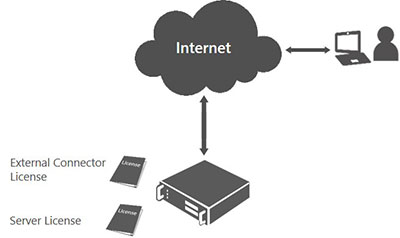
An external user is a person who does not have employee-level access to your company’s network or the network of your affiliates, and is not someone to whom you provide hosted services. An EC license assigned to a server permits access by any number of external users, as long as that access is for the benefit of the licensee and not the external user. Each physical server that external users access requires only one EC license regardless of the number of software instances running. An “instance” is an installed copy of software.
The right to run instances of the server software is licensed separately; the EC, like the CAL, simply permits access. The decision on whether to acquire CALs or an EC for external users is primarily a financial one.
Server Licensing not requiring CALs
Some server products are available to be licensed on a “per core” or “per instance” basis.
Per Core licensing
Under the Per Core model, when the server software is running in the physical OSE, you must license all physical cores on the server. To determine the number of core licenses you need, count the total number of physical cores for each processor on the server, and then multiply that number by the appropriate core factor. You do not need to purchase additional CALs.
Software licensed by core

Specialty Server licensing
Specialty Servers are server-only licenses that generally do not require CALs. Specialty Servers require a server license for each instance of the server software running on a server. An example of this is Microsoft Dynamics CRM Workgroup server. You can run the instance in a physical or virtual operating system environment. By exception, some products provide more specific use rights.

Other examples of Specialty Server licensing include Windows Server Essentials and Forefront Indentity Manager – Windows Live Edition.
Management Server licensing
Under the Management Servers licensing model, you must acquire and assign the required number of appropriate category (server and/or client) and type (OSE and/or User) of ML to the device on which OSEs are to be managed. Included with the ML are the rights to run the corresponding management server software, so you do not need to acquire separate licenses for the management server software.
Management of server OSEs requires Server MLs (only OSE type offered), while management of non-server OSEs require Client MLs (OSE/User types offered).
Software licensed by ML

For a list of Microsoft Server products and their applicable CALs or MLs, see the Product CALs and MLs tab.
Open License is a perpetual Licensing Program. Currently Microsoft Volume Licenses Can be sourced for end customer based in United Arab Emirates, Yemen, Kuwait, or Qatar. SKU’s are subject to change based on quantity purchase.
Prices / products are subjected to change without prior notice as and when it changes from the vendors. Any Cancellation on order/account is not allowed as per Microsoft guidelines.
Effective July 2010,In line with the E-License model Microsoft has shifted the media delivery mechanism to a “Digital Download model” ,wherein the customer is allowed to download the eligible media for the software they are entitled to from the VLSC site.The Media purchase has ENDED. PLEASE PROACTIVELY INFORM YOUR END CUSTOMERS.



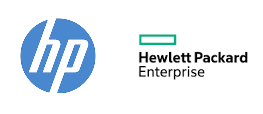

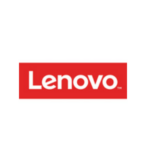



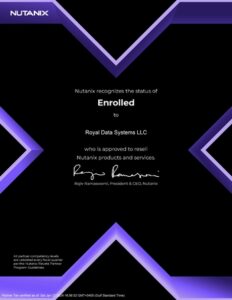
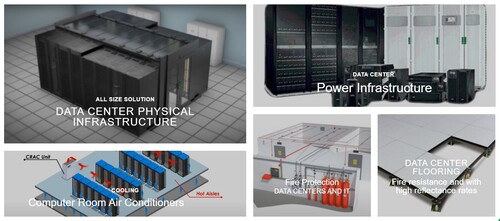
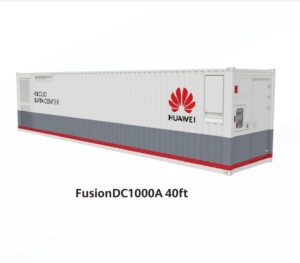
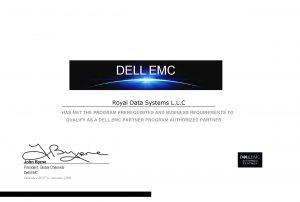

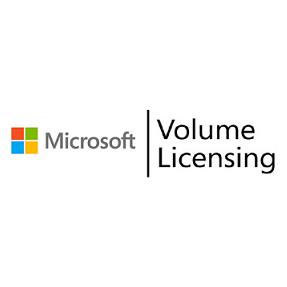
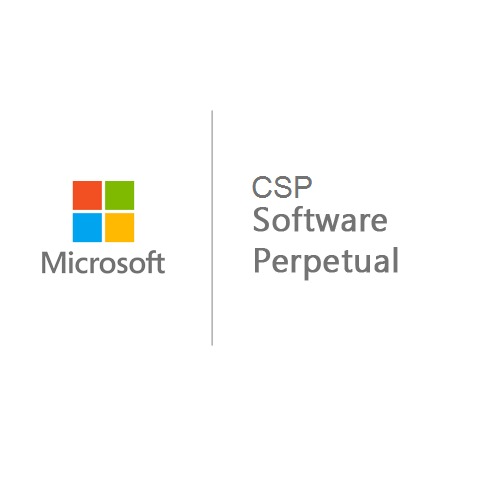


Reviews
There are no reviews yet.